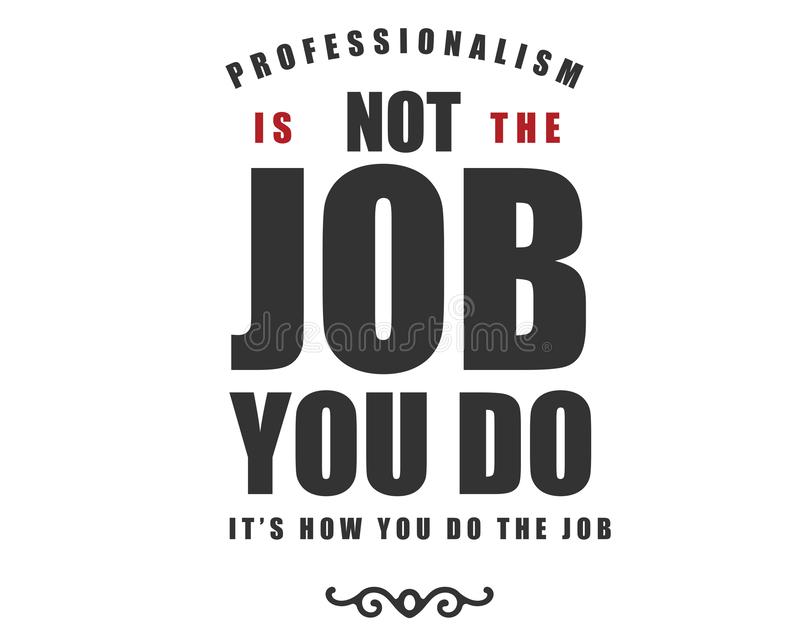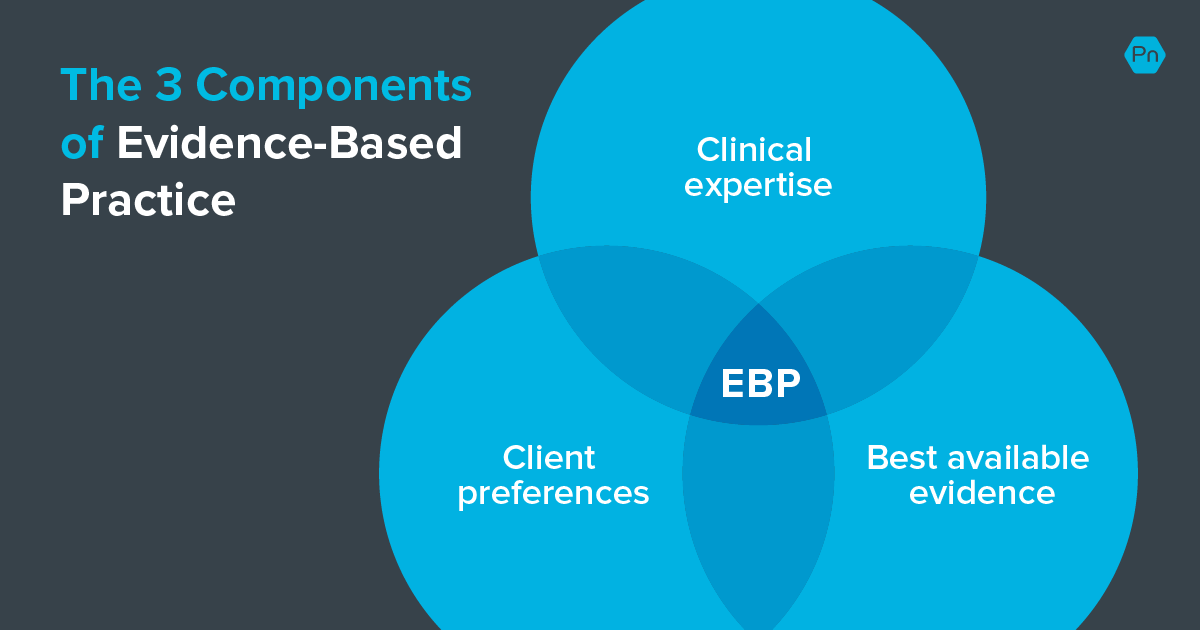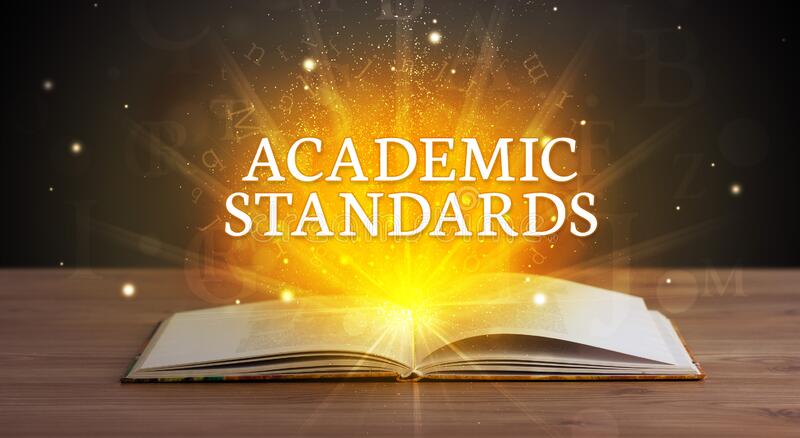
In my last post, I spoke about the use of evidence-based practice (EBP), in my field of post-rehabilitation (PR) as well as its utility in improving the credibility of our industry. In this post, I would like to explore other factors that affect the professionalism and credibility of the health and human performance (HHP) field, as well as solutions to mitigate these issues.

EBP can be defined as the tracking, critical appraisal, and implementation of evidence-based research into one’s own field of practice (Sackett & Rosenberg, 1995). What then, are some of the issues that arise from a seemingly well-structured approach? I submit that part of the reason the HHP industry lacks implementation is the absence of higher academic requirements to prepare the HHP professional with the skill sets and language to understand EBP. For example, physiotherapists require a physiotherapy degree, either an undergraduate or graduate degree. A chiropractor requires a chiropractic degree.

Unfortunately, HHP professionals require little to no formal academic training before engaging a client. Certifications in the HHP industry such as the Personal Training Specialist through the Canadian Fitness Professionals (Canfitpro) requires no degree in exercise science (Canfitpro, 2014). Conversely, the American College of Sports Medicine (ACSM) has a certification known as the Registered Clinical Exercise Physiologist that requires a master’s degree in exercise science/exercise physiology/kinesiology, accompanied by 600 clinical hours (ACSM, 2013). Thus, a broad stratification of knowledge and academic rigor exists within our industry.

Ultimately, clients are experiencing the ill effects of these shortcomings within the HHP field. I would suggest increasing the minimum academic standards as a first step in protecting the client, as well as our profession. Although implementation of this standard by itself does not guarantee competence, it does steer the field in the right direction, not dissimilar from the stringent requirements within the medical professions. If we believe that exercise is medicine, we should deliver these prescriptions from only the most competent hands. Academic excellence, as part of a larger and more robust approach, can be part of that first step.
References
American College of Sports Medicine (2013). ACSM registered clinical exercise physiologist. Retrieved from http://certification.acsm.org/acsm-registered-clinical-exercise-physiologist
Canadian Fitness Professionals (2014). Personal training specialist certification. Retrieved from http://canfitpro.com/en/personal-training-specialist
Sackett, D.L., & Rosenberg, W.M.C. (1995). The need for evidence-based medicine. Journal of the Royal Society of Medicine, 88, 620-624.
-Michael McIsaac
